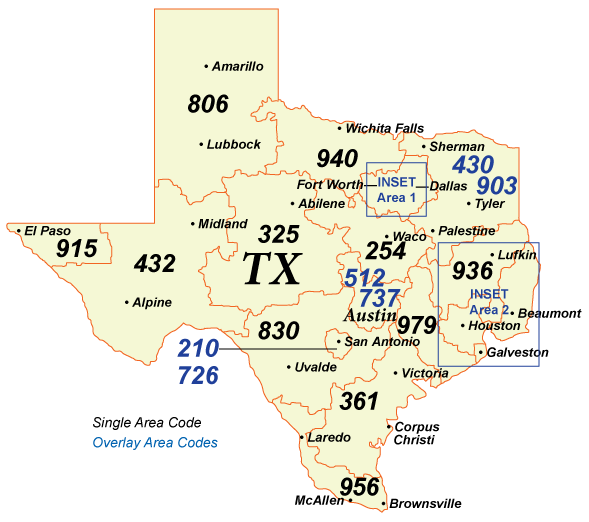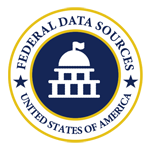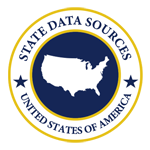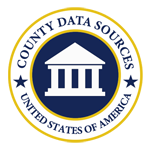Reverse Phone Lookup Texas
Texas filed over 170,000 Do Not Call complaints with the FTC, ranking it second in the country. In 214 and 469 Dallas, callers frequently pose as IRS or Social Security agents threatening arrest. Across 713 and 832 Houston, fake process servers claim to be on their way to your home or workplace with court documents. Spoofed Texas numbers look entirely authentic. Our Texas reverse phone lookup can help you determine whether that caller is a real process server or just someone trying to scare you into paying.
Scam and Spam Phone Number Lookup
Whether it's a fake DEA agent or a bogus energy plan, Texas scammers are relentless and repetitive. Save your energy and screen the call using our database to see if it's a reported fraud.
Phone Scams in Texas
Texans are inundated with SSA/IRS threats, Car Warranty calls, and Fake Process Server scams.
| Area Code |
Unique Reported Scams |
| 214 |
Merchant services scams, Police impersonation extortion |
| 361 |
Doctor-to-doctor scams, Medical/prescription fraud |
| 713 |
Mandarin robocalls, iCloud support scams, Energy disconnection |
| 737 |
WhatsApp takeover scams, Humana impersonation |
| 915 |
DEA/Sheriff impersonation, Fake complaint/HR threats |
| 936 |
Portfolio Recovery calls, Prescription card text scams |
| 945 |
Merchant services/Credit Card impersonation |
| 972 |
Prison inmate call scams, "Something you should know" lures |
In 2024, Texas residents reported 162,101 fraud cases resulting in total losses of $897,890,888, with a median loss of $500 per victim. Received a fraudulent call or lost money to a phone scam? Report fraud or scam:
Spam Calls from Texas
In 2024, Texas residents filed 170,483 unwanted call complaints with the FTC, of which 91,857 were robocalls and 62,262 involved live callers. The most reported complaint topics were medical and prescriptions (17,061), imposters (13,964), reducing debt (11,621).
To reduce spam calls, register all your phone numbers at National Do Not Call Registry (donotcall.gov or call 1-888-382-1222 from the number you want to protect).
Texas Do Not Call Registry
Texas has its own state-level Do Not Call system, separate from the federal registry. You can register your number for free at texasnocall.com through the Public Utility Commission.
Reverse Phone Lookup by Area Code
Houston 's 713/281/832/346, Dallas 's 214/469/972, Austin 's 512/737, San Antonio 's 210/726. Texas operates dozens of area codes across its vast territory. The table below lists them all, but overlays render codes nearly meaningless. Look it up to get straightforward owner identification.

| Area Code |
Cities |
|
210
|
San Antonio, Schertz, Universal City |
|
214
|
Dallas, Plano, Garland, Irving, Grand Prairie, Mesquite, McKinney, Carrollton, Frisco |
|
254
|
Killeen, Waco, Temple |
|
281
|
Houston, Pasadena, Pearland |
|
325
|
Abilene, San Angelo, Brownwood |
|
346
|
Houston, Pasadena, Pearland |
|
361
|
Corpus Christi, Victoria, Kingsville |
|
409
|
Beaumont, Port Arthur, Galveston |
|
430
|
Tyler, Longview, Sherman |
|
432
|
Midland, Odessa, Big Spring |
|
469
|
Dallas, Plano, Garland, Irving, Grand Prairie, Mesquite, McKinney, Carrollton, Frisco |
|
512
|
Austin, Round Rock, Cedar Park |
|
621
|
|
|
682
|
Fort Worth, Arlington, Irving, Grand Prairie |
|
713
|
Houston, Pasadena, Pearland |
|
726
|
San Antonio, Schertz, Universal City |
|
737
|
Austin, Round Rock, Cedar Park |
|
806
|
Lubbock, Amarillo, Plainview |
|
817
|
Fort Worth, Arlington, Irving, Grand Prairie |
|
830
|
New Braunfels, Del Rio, Eagle Pass |
|
832
|
Houston, Pasadena, Pearland |
|
903
|
Tyler, Longview, Sherman |
|
915
|
El Paso, Socorro, Horizon City |
|
936
|
Conroe, Huntsville, Lufkin |
|
940
|
Denton, Wichita Falls, Corinth |
|
945
|
Dallas, Plano, Garland, Irving, Grand Prairie, Mesquite, McKinney, Carrollton, Frisco |
|
956
|
Laredo, Brownsville, McAllen |
|
972
|
Dallas, Plano, Garland, Irving, Grand Prairie, Mesquite, McKinney, Carrollton, Frisco |
|
979
|
College Station, Bryan, Lake Jackson |
Important: Area codes do not guarantee the caller's current location. Texas allows number portability, and scammers often use "neighbor spoofing" to make calls appear local.
Reverse Phone Directory Texas
Browse our reverse phone directory by selecting a city below:
Is It Legal to Do a Reverse Phone Lookup in Texas?
Yes, reverse phone lookup is legal in Texas for personal use, such as identifying unknown callers, verifying contacts, or screening potential scams. However, you cannot use lookup results for employment screening, tenant decisions, credit eligibility, or any purpose regulated by the Fair Credit Reporting Act (FCRA).
FAQs
How to opt out of phone number lookup websites in Texas?
Under the Texas Data Privacy and Security Act (TDPSA), you can request deletion of your phone number and personal details. Visit each reverse lookup site and click "Do Not Sell My Personal Information" to submit a request.
How do I know if a Texas business phone number is legit?
A reverse phone lookup can provide a business name, but that alone does not confirm legitimacy. While Texas has over 657,362 business establishments based on Census data, you should verify the company by searching for it in the Texas Taxable Entity Search.
How many cell phone numbers does Texas have?
About 34.2 million as of mid-2024. Texas also has 4.7 million VoIP subscriptions and under a million landlines. The size of the mobile pool means area codes reveal almost nothing about where someone actually lives. A 512 number could belong to someone in Dallas who moved from Austin years ago.




